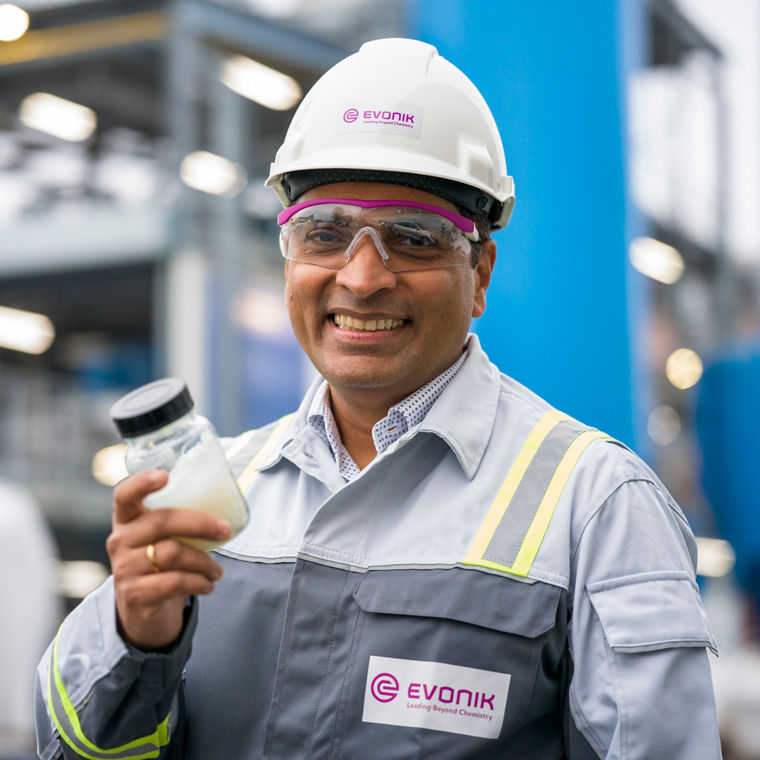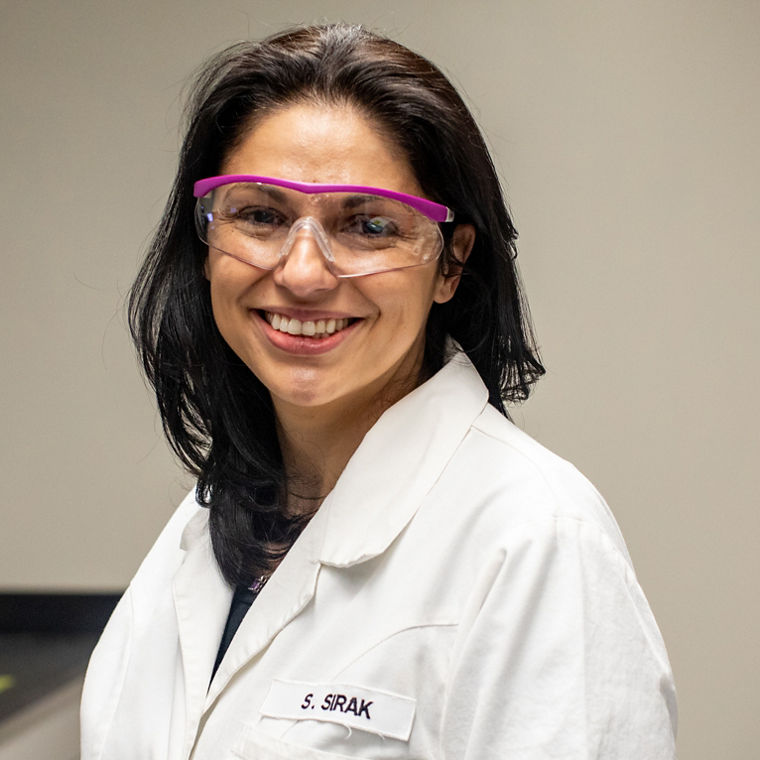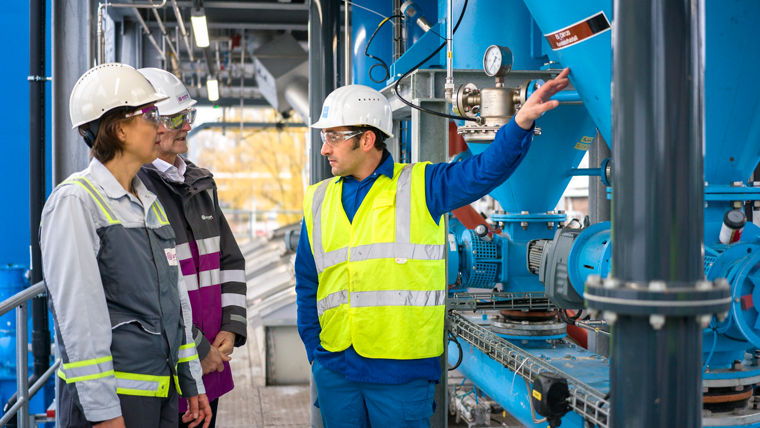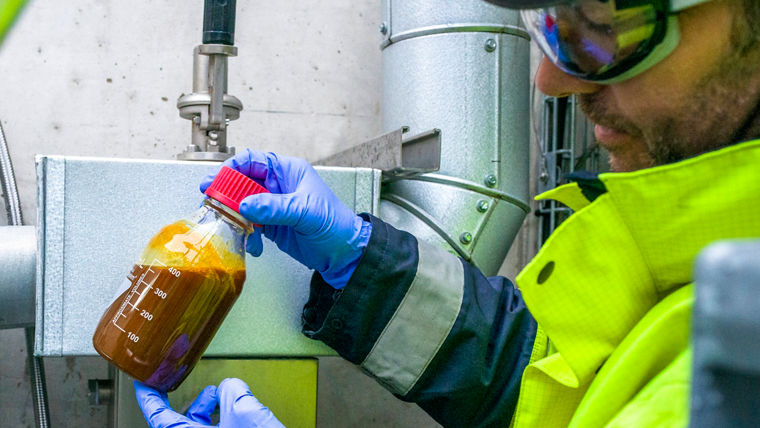Enabling Circular Economy—VISCOPLEX® Pour Point Depressants Keep Pyrolysis Oil in the Flow
Circular Economy: a Key Component for Climate Neutrality in Europe
Pyrolysis oil, derived from plastic waste streams, presents a sustainable solution for reintroducing valuable materials back into the production cycle of plastics. Evonik has established a partnership with ARCUS Greencycling Technologies GmbH, a leader in the recovery of essential raw materials through innovative pyrolysis processes.
The European Commission recognizes the circular economy as a vital strategy for achieving climate neutrality. By promoting the conservation of natural resources and minimizing waste incineration, the circular economy offers sustainable solutions that benefit both the environment and society. Embracing circular practices not only reduces waste but also fosters innovation and economic growth, making it an essential building block for a sustainable future in Europe. On the morning of November 14, November 2024, Markus Klatte (CFO), Daniel Odenthal (COO) and Dr. Marco Tomasi Morgano (CTO) from ARCUS met with Dr. Ralf Düssel (Head of Sustainability), Hendrik Rasch (Head of the Global Circular Economy Program) and Sachin Wagh (Project Manager PyOil, Oil Additives) from Evonik for a dialogue on chemical recycling.
Unlocking the Future of Plastic Waste: the Role of Chemical Recycling
Chemical recycling is a comprehensive approach that includes various processes such as pyrolysis, depolymerization, and gasification, all aimed at recovering valuable raw materials from plastics. By breaking down plastic waste into gases, liquids, or smaller building blocks, these methods enable the reuse of materials in the production of new plastics.
One of the most promising techniques is pyrolysis, which converts plastic waste into synthetic crude oil. This oil can be utilized directly in established production processes or undergo further refinement. Pyrolysis not only reduces the volume of plastic waste but also significantly lowers CO2 emissions. Instead of ending up in incinerators or landfills, plastic waste can now be repurposed, contributing to a more sustainable future.
The collaboration between ARCUS Greencycling Technologies and Evonik exemplifies a reliable and trusting partnership focused on innovative solutions. By forming additional collaborations with companies across various industries, original equipment manufacturers,
and research institutes, we can analyze and implement groundbreaking circular business models, establishing sustainable ecosystems. ARCUS is a pioneer in the recovery of valuable raw materials through pyrolysis, having developed technology that effectively closes the plastic loop and reduces the carbon footprint of plastics. This innovative process converts plastic waste into pyrolysis oil as an alternative to fossil naphtha, which can be reintegrated into the production cycle as a key starting material for plastics.
What sets the ARCUS process apart is its ability to handle complex and heavily contaminated waste, demonstrating insensitivity to impurities and foreign bodies. The ARCUS process is fully electric, with future plans to generate the required electricity from the pyrolysis gases produced during the process.
By combining pyrolysis with Evonik additives, we enhance handling efficiency and resource utilization, advancing the circular economy while significantly reducing emissions. Together, we are paving the way for a sustainable future in plastic production.

Our VISCOPLEX® flow improvers modify the crystallization behavior of waxes in pyrolysis oil, thereby avoiding unpredictable challenges in handling these oils.
Sachin Wagh | Project Manager PyOil, Oil Additives | Evonik
Our Contribution to Circular Plastics
Our VISCOPLEX® pour point depressants modify the crystallization behavior of waxes in pyrolysis oil, avoiding unpredictable handling challenges of these oils.
VISCOPLEX® pour point depressants from Evonik improve the handling of ARCUS pyrolysis oils. Pyrolysis oils produced from plastic waste often contain waxy impurities that raise the viscosity and pour point of the oil, making it more difficult to store, transport, and process. By reducing the viscosity and pour point of pyrolysis oil, VISCOPLEX® pour point depressants optimize its processing properties. The pyrolysis oil remains liquid, reducing the need for temperature control and the maintenance requirements for the piping. This makes pyrolysis oil a viable alternative to fossil naphtha, which has traditionally been used in established production processes.
Our VISCOPLEX® pour point depressants significantly enhance the handling properties of ARCUS pyrolysis oils, which are derived from plastic waste.
With these improvements, pyrolysis oil becomes a viable alternative to traditional fossil naphtha in established production processes, promoting sustainability and efficiency in operations.


Thanks to our long-standing expertise, technical customer service, and the resulting recommendations from our range of pour point depressants, we can assist our customers in speeding up their product development.
Sofia Sirak | Senior Innovation and Technology Manager, Oil Additives | Evonik
Global Plastic Production and Recycling Challenges
In 2023, the world produced approximately 414 million tons of plastics, with China contributing to 33% of this total and Europe accounting for 12%. Despite significant advancements in recycling technologies, only around 27% of plastics produced in Europe are successfully recycled. The remainder is either incinerated or sent to landfills, highlighting the urgent need for improved recycling solutions.
Recycling plastics presents various challenges. While mechanical recycling is often a cost-effective and energy-efficient option, it is not suitable for all materials due to their specific properties, complexity, or contamination levels. In these instances, chemical recycling serves as a complementary technology, enabling the recovery of heavily contaminated or difficult-to-recycle plastics and reintegrating them into the production cycle.
By embracing both mechanical and chemical recycling methods, we can enhance plastic waste management and move towards a more sustainable circular economy.

